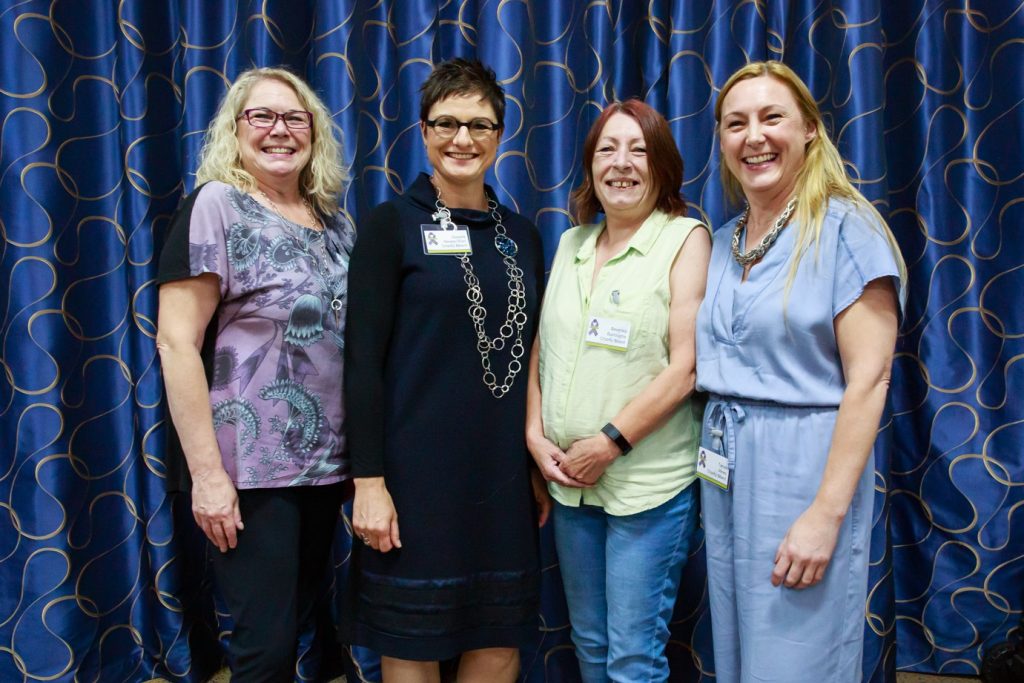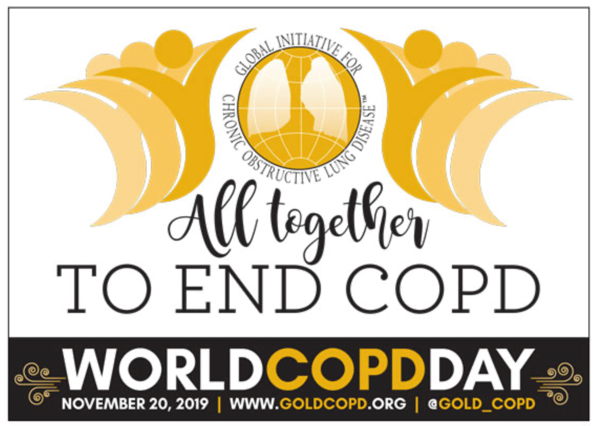UK sites now open for new drug trial (Astraeus Study) to explore oral compound for Alpha-1 lung disease
8 clinical trial sites now open across the UK for ASTRAEUS Study
Alpha-1 UK Support Group and Alpha-1 Awareness are pleased to note that all eight of the planned clinical trial sites to test alvelestat in Alpha-1 lung disease (the Astraeus Study) across the UK are now open, following the addition of a site in Exeter. This ensures that Alphas in the South-West of England are also given access to the clinical trial via a regional centre.
The eight Astraeus sites are spread geographically across the UK, from Edinburgh in Scotland, to Coventry and Birmingham in the middle of the country, down to Southampton and Exeter. For a list of participating sites, please see www.astraeus-alpha1.com/en-GB/public/Referral
If you are interested in participating in the trial, you are free to approach any site of your choice, no matter where you are usually treated for your Alpha-1. You can do this via the Astraeus site. Given the requirement to visit the centre regularly during the 12-week trial duration, you might want to consider a trial site that is close to you, or you might not mind travelling further – the choice is yours.
If you are told that your first-choice centre is full, please see if your second choice of site is accepting participants – again, this can be found on the Astraeus site. You can also contact us if you encounter any issues.
Lastly, please remember that a clinical trial is a lot of work for the physician concerned as well as a big commitment from the participating patients, so whichever centre you sign up for the trial at, you should be confident that you will be able to manage travel to that site for every study visit. Dropping out of a trial before the anticipated trial duration weakens the result of a trial.
As mentioned in our previous post back in March, the Astraeus Study is testing the safety of a research drug and whether it has the potential to reduce lung damage and slow the progression of lung disease caused by Alpha-1 Antitrypsin Deficiency. The potential treatment, alvelestat, is taken as tablets and has already been tested in people with other lung diseases.
You must meet the study inclusion criteria which, amongst others, include the age range of between 18 to 75 years and a diagnosis of Alpha-1 Antitrypsin Deficiency lung disease with either PiZZ or Null genotype. The referral section of the Astraeus website will help you make the initial determination and also direct you towards the different physicians leading the trial centres. The physicians at the different trial centres will be able to advise if you are eligible based on the study criteria, which have been agreed by the regulatory ethics committees here in the UK.
All details are available on the UK website www.astraeus-alpha1.com, where you will be able to find more details, check if you are eligible for the study and get in contact with a trial centre near to you. There are also details on the official clinical trial registry: www.clinicaltrials.gov/ct2/show/NCT03636347.
Enrolled participants will receive all study-related care, testing and study medication at no cost. You will receive study drug for about 12 weeks and you will be in the study for approximately 20 weeks in total. You will need to visit the research site about nine times and receive two phone calls during the study.
For more information, please see: www.astraeus-alpha1.com.
Please remember that patient participation in clinical research studies is critical for the development of new treatments for Alpha-1 – we need you!


